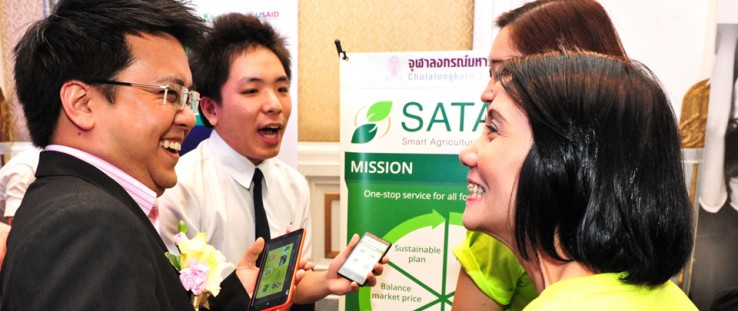 Teams present at the finals of the Microsoft Imagine Cup Thailand 2014.
Richard Nyberg, USAID
Teams present at the finals of the Microsoft Imagine Cup Thailand 2014.
Richard Nyberg, USAID
 Teams present at the finals of the Microsoft Imagine Cup Thailand 2014.
Richard Nyberg, USAID
Teams present at the finals of the Microsoft Imagine Cup Thailand 2014.
Richard Nyberg, USAID
BANGKOK—Arnon Boonyapravase’s friends like to poke fun at him for the long, light plastic implement in his hand. “Some say it is a pregnancy test. Others say it is a breathalyzer,” he said with a grin.
Joking aside, the prototype he printed on a 3D printer is very much down to earth; he pushes it into the soil to help farmers quickly and conveniently know how to get better yields from their crops.
After syncing the testing device with the Len-Din app on his smartphone, he analyzes the soil for levels of nitrogen, phosphorus, potassium, moisture, temperature and pH. His app also suggests which crops are best suited for the soil sampled and what nutrients could be adjusted through fertilizer to increase chances for bumper crops.
A recent computer science graduate from Bangkok’s Sripatum University, this 21-year-old’s success stems from a cutting-edge partnership USAID’s Regional Development Mission for Asia (USAID/RDMA) initiated with Microsoft Thailand to engage young innovators to apply technology to address major development challenges.
In 2014, USAID’s investment of $35,000 leveraged four times that amount from the private sector and led university students from across Thailand to develop mobile apps to enhance food security, increase use of public transportation, address governance issues and combat stigma around HIV/AIDS.
This USAID/RDMA partnership builds on the longstanding Microsoft Imagine Cup, a well-known global student software development contest. Applications developed for the competition have the potential to help overcome global challenges and/or be turned into a successful business. The global competition spans a year and culminates in the World Finals, which this year will be held in Seattle in July.
Under this partnership, USAID/RDMA defines country-specific challenge areas. USAID staff and implementing partners then share USAID’s knowledge and networks as they mentor young, innovative Imagine Cup competitors like Boonyapravase and his student team.
“Initially, we designed the Len-Din app just for the Imagine Cup competition,” he said. “We never thought that it could take us this far. Right now we’ve started up a business venture, have designed and will sell the real products.”
Working with Thailand’s Department of Land Development, the team field tested the equipment and found that rice farmers can increase their productivity by 20 percent and earn 3,000 Thai bacht (about $100) more per rai—a local area of measurement covering 1,600 square meters.
“We’ve applied what we learned from school while at the same time acquired new skills such as teamworking and management skills,” said Boonyapravase. “We met new partners and learned that we could work with them to find solutions to address development challenges. I encourage young students to join in this competition as it will unleash your creativity, push your boundaries and apply technology for social good.”
Following the Imagine Cup 2014, where they won the second runner-up prize, the team improved the design and submitted a smaller testing kit in the Samart Innovation Award 2014 hosted by Samart Corp. and Thailand’s National Science Technology and Development Agency. The team took first prize, receiving a cash award, business start-up funds and a trip to Korea to join an innovation fair. The four-person team has since started a company, Tech Farm, where they are working on solutions to improve Thai farming practices and agricultural products.
Recently the team entered the 2015 Imagine Cup with a water testing kit called Len-Nam, were selected as finalists, and are now preparing for this year’s finals competition. They plan to market the soil and water testing kits domestically over the next two years; their first goal is to sell at least one kit to each of Thailand’s 7,000 subdistricts. If successful, they will expand the market to neighboring countries.
Things are also rolling for the first runner-up in Thailand’s 2014 competition that developed Locaze, an app to help people locate nearby buses and make better use of public transport. Drawing on the Imagine Cup experience, the design team has since adapted the app to track school buses in real time, helping parents estimate arrival time to ensure their children’s safety. This revised app, Nugrean, won first prize in the corporate solution category of the Thai mobile phone company AIS the Startup 2014 incubator program. The design team has formed a company and plans to partner with AIS to launch the app in August 2015.
“After I joined the competition and developed this app, I had an opportunity to listen to feedback from the others. It helped widen my views that what we develop has to be able to respond to the needs of other people and contribute to society as a whole,” said team captain Chotiwan Wattanalarp, a computer science student at Sripatum University.
USAID’s partnership with Microsoft on the Imagine Cup followed a mobile app contest in 2012 driven solely by USAID called Students with Solutions. “We wanted to do something that would enable more sustained engagement with the students over a longer period of time to really build stronger connections between USAID, our implementing partners and the teams,” said Teresa Leonardo, USAID senior regional science and technology adviser.
“All of the software products that are proposed in the Imagine Cup, or even make it to the world finals of the Imagine Cup in Seattle, are not going to end up on the market,” said Leonardo. “And that’s OK because, for many of these students, it might be the first time they have been part of a global contest or even a national contest. It lets them do something which is real and tangible and focused on having impact. In many ways, the more important outcome is the professional development of the participating students and what this inspires them to do in the future.”
According to Michael Yates, director of USAID/RDMA, the partnership makes good development sense. “The Imagine Cup demonstrates how science, technology, innovation and partnership with the private sector can draw on all of our strengths and lead to viable and potentially transformative solutions,” he said. “Microsoft brings its tremendous expertise in technology, we bring our thematic expertise, and the students bring their time and their energy. That makes for a very exciting partnership.”
Microsoft Thailand sees real benefit in working with USAID. “Imagine Cup focuses on creating the opportunities and the stage for youth to take their talents and innovation to the next level,” said Siriporn Pajharawat, Microsoft Thailand developer and platform strategy director. “The inclusion of themes from USAID helped increase the scale and reach of the competition. It has direct impact on expanding youths’ horizon on issues of social and environmental impacts at a scale beyond their imagination.”
Since 2003, more than 1.6 million students from more than 190 countries have participated in the Imagine Cup around the world. For the 2015 Imagine Cup, USAID/RDMA engaged bilateral missions in Indonesia and Vietnam to extend this low-cost partnership with Microsoft and students.
“Our new partnership with Microsoft in Vietnam on the Imagine Cup presents a special opportunity to tap into the talents and inquisitiveness of Vietnam’s tech-savvy students,” said Joakim Parker, USAID’s mission director in Vietnam. “It is clear from speaking to many university students around the country that they have the enthusiasm and the creativity to find solutions to development challenges far beyond Vietnam’s borders.”
In Vietnam, the mission identified small and medium enterprise support and information access, health, environmental protection, disability, higher education, disasters, climate change and weather as contest priorities. USAID staff members have participated in student outreach events to encourage participation.
In Indonesia, Imagine Cup organizers held student roadshows that reached over 8,000 students at 86 universities on themes including governance, integrated pest management, climate change adaptation, biodiversity conservation and clean energy. They also encouraged students to come up with additional themes aligned with the mission’s country development cooperation strategy, which includes improving essential services like education, health, water and sanitation. For Indonesia’s victorious team ALIX, which created the Bantu Anak Asuh app that helps manage donations for orphans or children from poor families to attend school, the award ceremony on March 26 was a day to remember—a bit like Thailand’s Arnon Boonyapravase’s experience with the competition.
“We were born to be remembered,” he said. “This is very much inspired by taking part in the Imagine Cup. Being a young person, I’ve never thought what I learned could really help solve problems for other people. Now I have a clearer focus to live a meaningful life and make positive social changes.”
Related Links
Bringing Fellows to the Fore of Science and Technology in Asia
The Association of Southeast Asian Nations (ASEAN) and USAID place ASEAN scientists in ASEAN ministries to help the region’s countries make greater use of science to improve public policy and support national development. Based on the success of the pilot, 14 fellows have been accepted into the program for the second year, beginning in May 2015.
The program will build a regional network of scientists to work at the science-to-policy interface on ASEAN priorities related to energy, biodiversity and fisheries. Under this activity, ASEAN science and technology fellows are introduced to USAID missions, U.S. Embassies and U.S. fellows from the American Association for the Advancement of Science, who help the ASEAN fellows expand their connections to U.S. networks.
“The fellowship gave me the opportunity to get out of the lab and to network because I was in my own bubble. I have been able to meet with very well-known people around the world who have taught me to become a more multidisciplinary scientist,” said Honglada Thoetkiattikul, one of six scientists participating in the pilot project. “And because of the fellowship, I got a chance to meet with all the people in ASEAN, and people get to know more about Thailand and also we learn a lot about our neighboring countries.”
This is the first international adaptation of the AAAS Fellows Program, and officials are confident of its potential to expand.







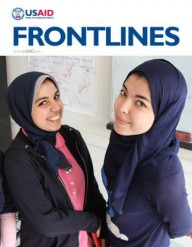

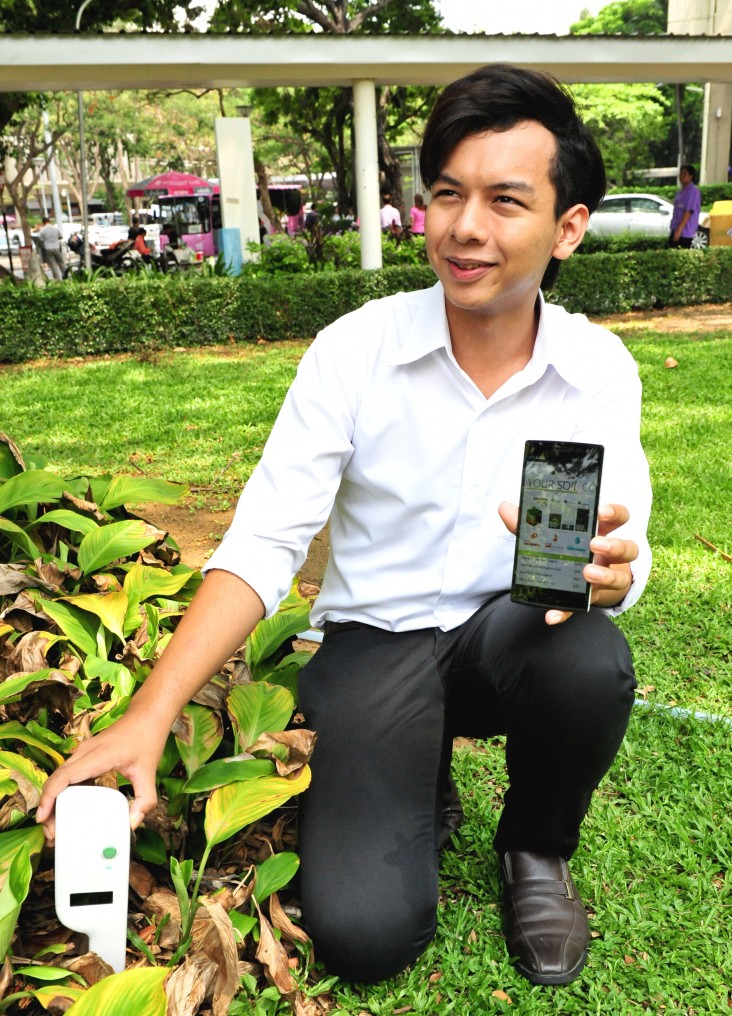
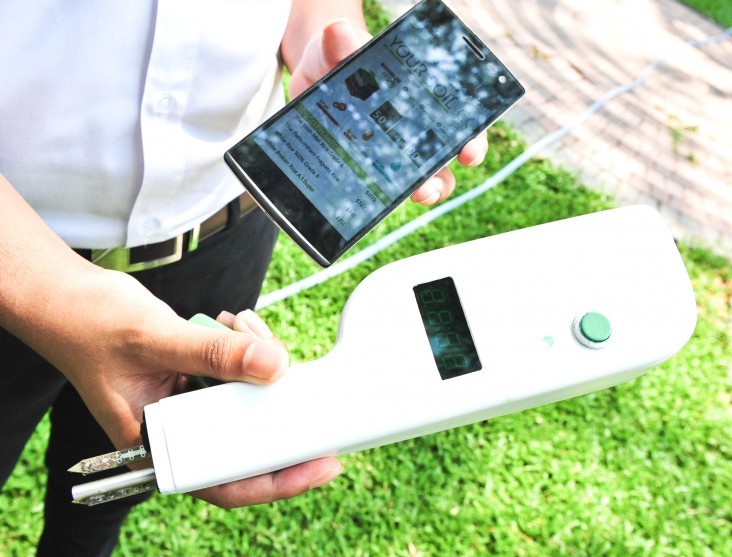
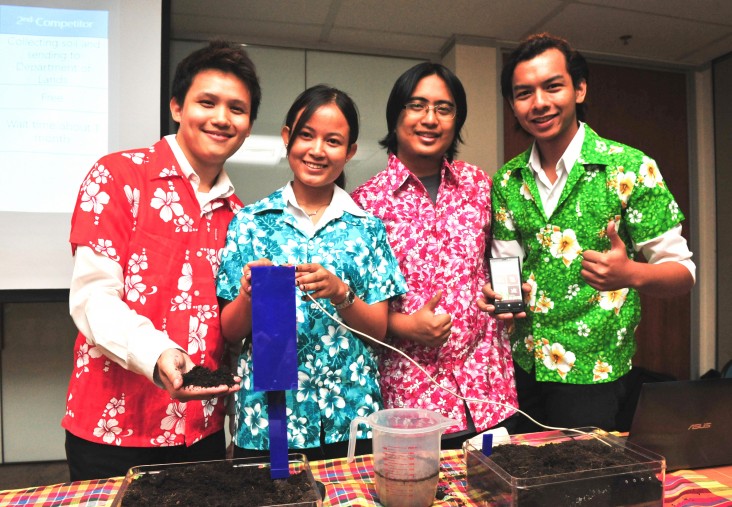
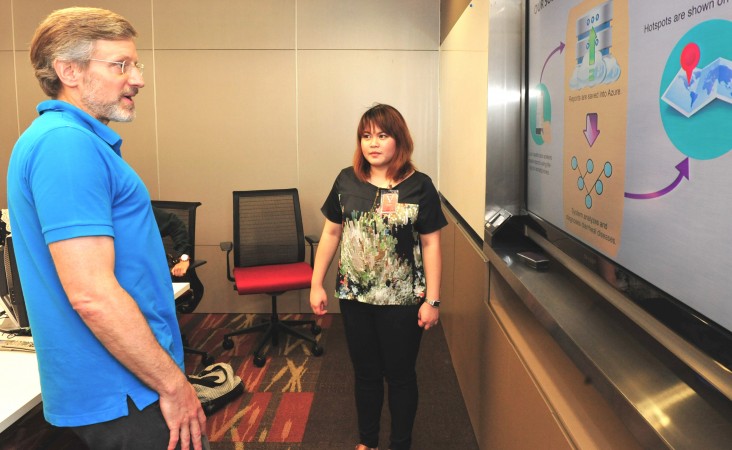
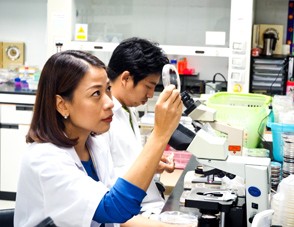
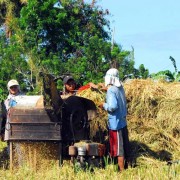
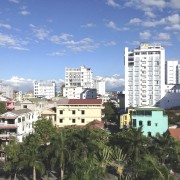
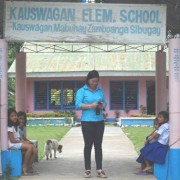
Comment
Make a general inquiry or suggest an improvement.